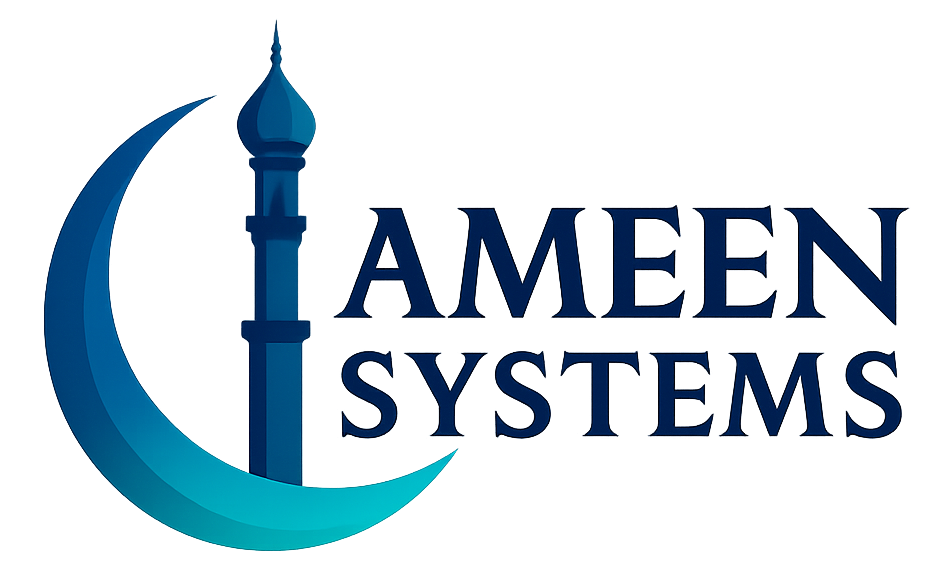What are you looking for?
MULTI-STATE STRATEGY
Multi-State Licensing Strategy (OpCo / Remote Work)
Decide when to register the OpCo in a new state, when a **local city/county license** is needed, and when **marketplace or remote-only** activity may be exempt from local business licensing. Use the decision tree, scenario wizard, and state tracker below.
Basics
What triggers state & local obligations?
- Physical nexus: employee, office, inventory, in-person service.
- Economic nexus (sales tax): revenue/transaction thresholds (varies by state; many use ~$100k or 200 transactions—verify).
- Local business license: city/county “doing business” inside limits (can include home-based remote employee).
- Payroll nexus: hiring in state → withholding, unemployment, possibly local tax.
- Professional/industry licenses: specific trades (not typical for managed WP ops).
We default to conservative best-practice and replace with confirmed links in the tracker.
Guardrails
How we decide
- If we have a person or place in a state → assume foreign registration + payroll + check local license.
- Purely remote sales with marketplace collection → sales tax may be handled; entity/local license usually not triggered by sales alone.
- Pure digital services (no onsite) → often no city license; but some cities license home-based employees—verify.
“Unknown” → create a tracker row, add official link, and operate under best-practice until verified.
Flow
Decision Tree (quick take)
—
This is a heuristic. Replace with state-specific rules in the tracker.
Wizard
Common Scenarios
—
Notes
Exceptions & Edge Cases
- Short-term travel (few days) rarely triggers city licensing; payroll may still apply for resident employees.
- Some municipalities license any home-based business (even one employee).
- Marketplace collection ≠ income/franchise tax relief; entity may still file returns.
Matrix
State Tracker (links + status)
| State | Presence | Sales | Entity Reg? | Payroll? | Local License? | Official Link |
|---|
Keep notes short in the table; store details in our central doc.
Estimator
Physical & Payroll Nexus
—
If any physical presence → assume entity foreign registration + payroll, then check city license.
Estimator
Economic Nexus (Sales Tax)
—
Typical triggers cluster around ~$100k revenue or 200 transactions (verify per state). Services may be non-taxable; check definitions.
Heuristics
When Local City/County License is Likely
- Employee regularly works from a home address inside city limits.
- We rent/own a space or list a public office in city.
- We perform onsite client work inside city.
If remote-only with no in-person activity and no office, some cities do not require licensing; others license any home-based business. Treat as “Unknown” until verified.
Exceptions
Marketplace / Remote Patterns
- Marketplace-only sales: facilitator usually collects/remits sales tax; entity may not need seller registration but still file income/franchise where applicable.
- Remote services: no onsite, no office, no employees → often no city license; confirm for the municipality.
- Short-term travel: speaking/meetings only → unlikely to trigger local business license.
OpCo
Structure & Registrations
- Keep one **OpCo** (HQ state). Register as **foreign** where physical/payroll nexus exists.
- Per new state: Registered Agent, entity foreign filing, payroll accounts, and check city license.
- Keep a single **renewals** calendar (state entity, RA, local business license).
Compliance
Operating Rhythm
- Before hire in state: open payroll accounts; add city license check.
- Quarterly: review sales vs. thresholds; update tracker.
- Annually: renew entities, agents, city/county licenses.
Share
Export
Exports include decisions from the wizard, tracker rows, and nexus results.
